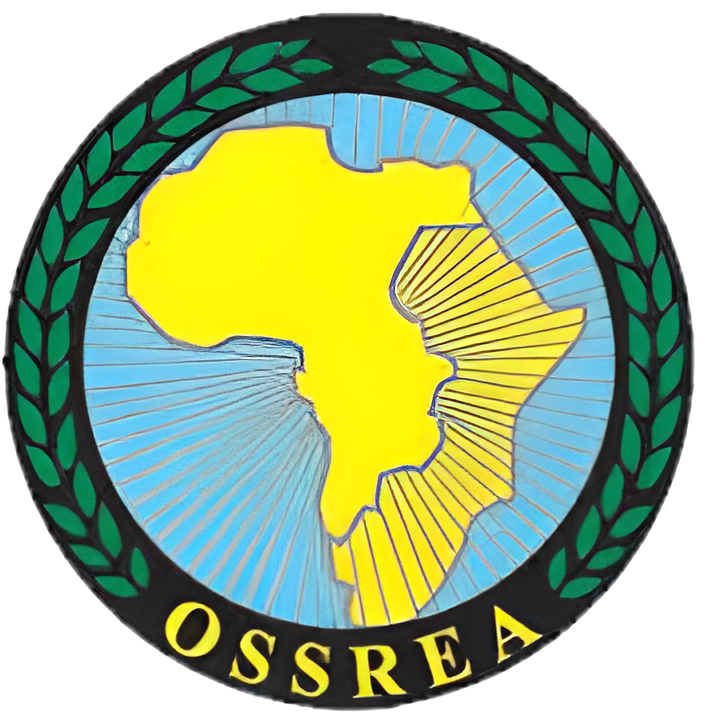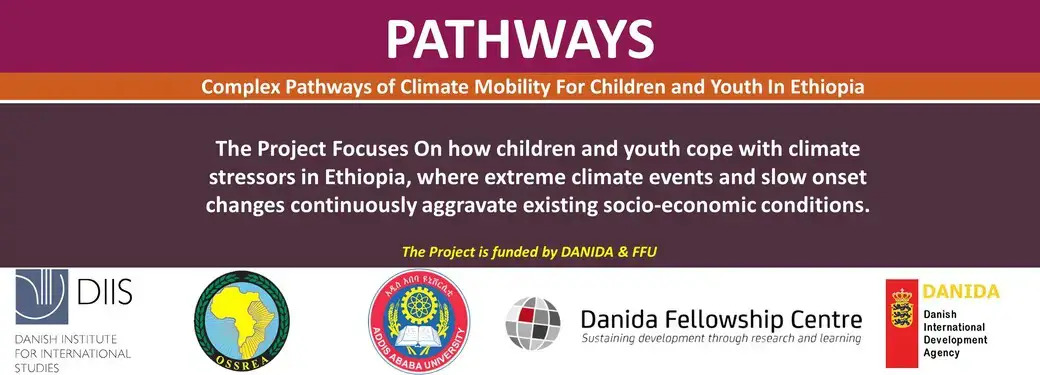ABOUT PROJECT
Relevance of the project
PATHWAYS' focus is to debunk simplistic assumptions about climate change-related migration by studying mobility patterns of children and youth of different genders. Starting in June 2023, and for the next four years, PATHWAYS will investigate diverse mobility or immobility practices employed by children and youth in Ethiopia in response to the worsening environmental conditions. Our research will listen to children’s and young people’s voices, talking about and engaging with climate change. We will attempt to understand what established migration traditions mean for their aspirations for the future and discern whether and how climate-change-directed development initiatives shape and influence their mobility within the country and beyond.
The project’s background
Recent research has begun to explore young people’s interlinked experiences of climate change and mobility, recognizing that youth are not only highly vulnerable to the impacts of climate stressors but also pivotal actors in their own lives and societal transformation. Education, social networks, and access to information are vital in shaping their mobility aspirations and perceptions of climate change.
Ethiopia serves as an exemplary case for investigating the interplay between youth, climate change and mobility due to the existing detrimental effects of climate change, a growing youth population and substantial projected young mobility rates, with 70% of the country's migration involving young people aged between 16 and 24.
Despite a growing body of research on the topics, significant gaps remain in our understanding of how climate change and mobility interact across different age groups and genders and how existing climate change adaptation strategies consider young people’s mobility practices. The PATHWAYS project aims to fill these gaps through a multidisciplinary research strategy, bridging development, migration, climate, and youth studies. The research is grounded in a human security framework, which recognizes the critical agency of young people within socio-ecological contexts and relations.


